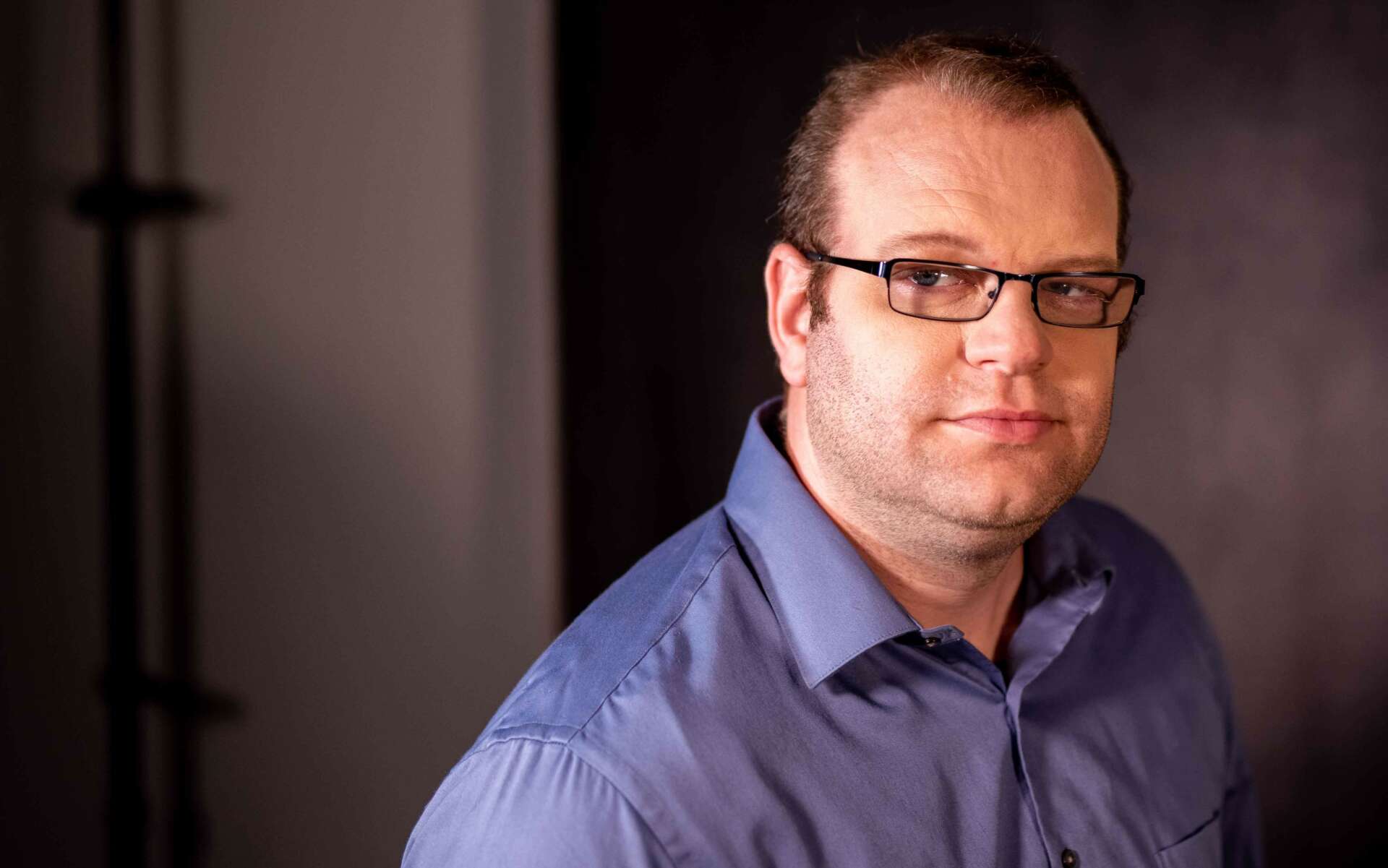We’re excited to introduce you to the always interesting and insightful Jonathan Thompson. We hope you’ll enjoy our conversation with Jonathan below.
Jonathan, thanks for taking the time to share your stories with us today Can you talk to us about how you learned to do what you do?
The film industry is one that changes constantly, so a continued education in the craft and business of film making is essential to becoming successful.
The hardest part for most creatives is learning the business aspect of what they do and why it is vital, a lot of people (me included) only care about the creating at first. They get frustrated when they create wonderful and beautiful things, but no one wants to talk to them about it or buy it.
I hired a mentor to try and walk me through what I was doing wrong, and we spent about two months working through the skills I had built in the industry and outside of the industry and put them together in a way I had not considered.
Like many creatives I had regular jobs throughout my life, some of them at very high levels in corporations, so I knew how to organize and run a business. It took someone else pointing out to me that while creative heavy, the movie business is still a business… and I was good at running businesses.
After that I shifted my focus from working on my own projects and started helping other people, giving advice on how the market trends work, how to present yourself to other industry professionals and then I found myself working full time as a very successful producer and I was in meetings with financiers for crazy amounts of money almost every month.
The craft of filmmaking itself is an easy one to learn: If you are a writer, you learn to format screenplays, as a director you learn how to talk to your department heads to get what you want, as a producer you have to learn how to package and sell a movie, often before anyone else is even attached.
As a first-time filmmaker, you often need to learn a little about all these aspects, but it is worth it if you have a long-term plan.
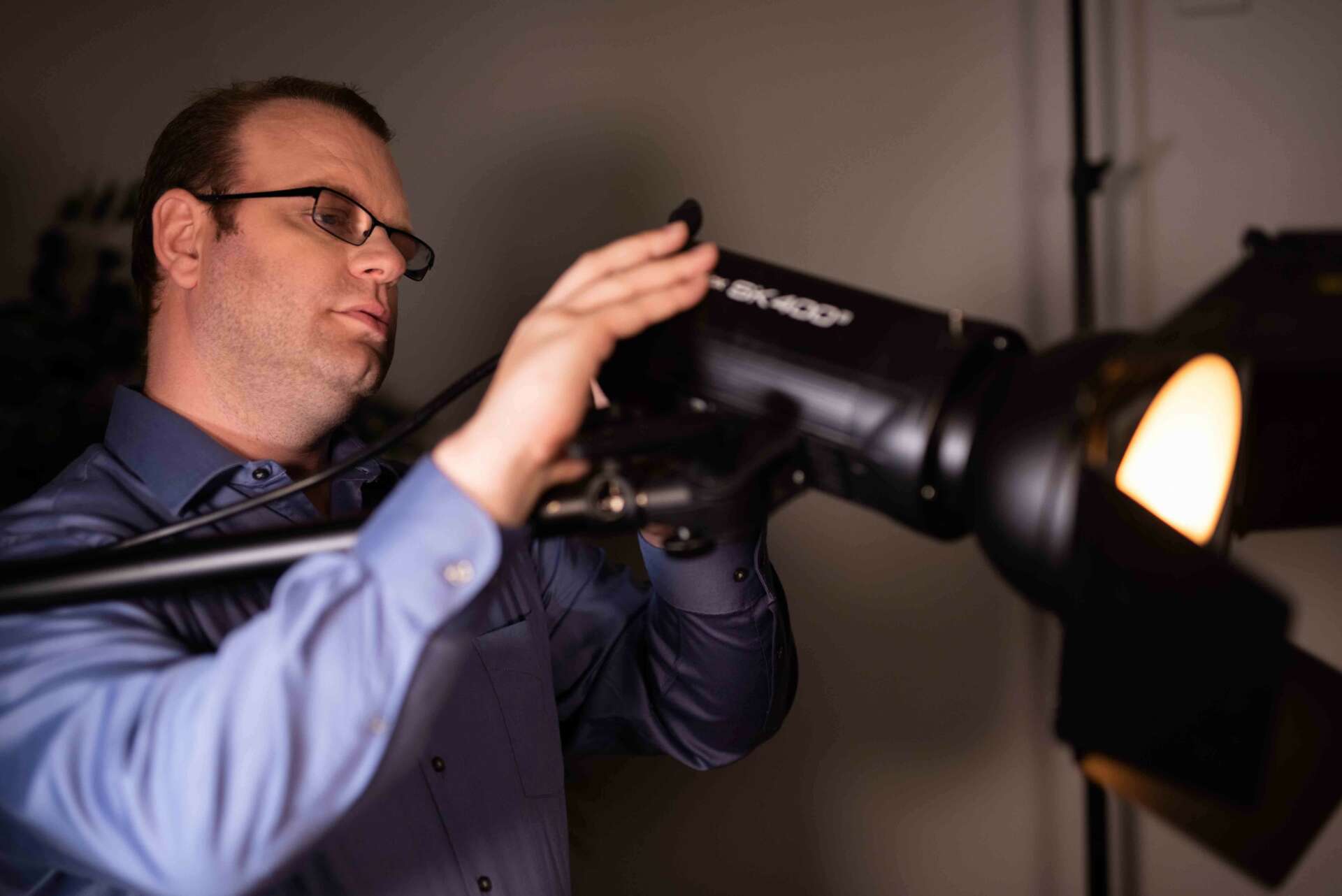
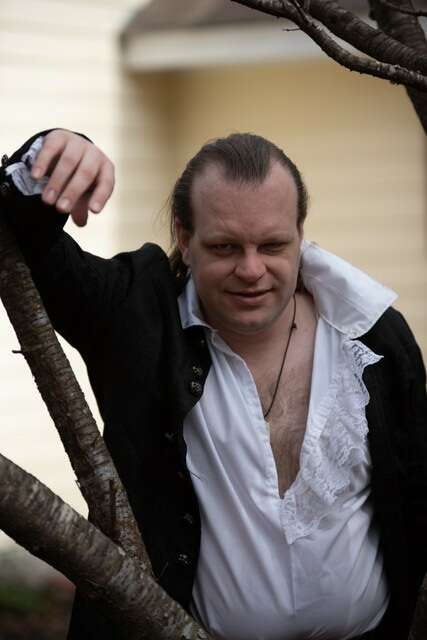
Great, appreciate you sharing that with us. Before we ask you to share more of your insights, can you take a moment to introduce yourself and how you got to where you are today to our readers.
I first got into the entertainment industry as an actor at around 5 years old, doing stage plays in Northern England for my local school. Around 9 or so, I did a little modelling for a fashion course at a local college and at 14 I found myself as a lead anchor and producer on a local school funded news program.
So, in a way most of my life has been spent in front of an audience in way or another, I never really pursued it as a full-time career since I grew up wanting to be a paleontologist and I actually went to university to study Geology.
I would dabble in film while studying, I directed a fan film when I was 17 with over 30 Jedi and Sith as a tribute to George Lucas, at 19 I was hired by the BBC for a recurring role in a show called ‘Hornblower.’ A lot of the friends I made worked in the media department at the university and I would work on their projects with them while studying for my own degrees.
In 2008 I was hired by Walt Disney World and moved out to the U.S and while there met a girl from Southern Georgia who I ended up marrying and we opened our own live production theatre.
I still worked in film getting roles in films like ‘CrackerJack’ filmed in Savannah Georgia, and in 2015 we decided to shift from live theatre to film full time.
I worked to create fun little shorts and started to learn a lot more about the behind the camera aspects of film. Playing with phones and DSLR’s to create fun engaging content. In 2019 I had a stroke which had me down for 6 months and I decided to move from self-created projects for fun to larger projects for profit, but I wasn’t sure how to make the move since there were a lot of closed doors. I hired a mentor who helped me put the pieces together and from there I have worked with huge companies on big talent named projects. Every week my emails are full of projects needing a little extra help to reach financiers or get that final push into a distribution house.
I only recently started caring about getting credit for my work, to me it was the joy of making the deals and getting the films produced that was enough. (The pay checks certainly didn’t hurt my feelings either.)
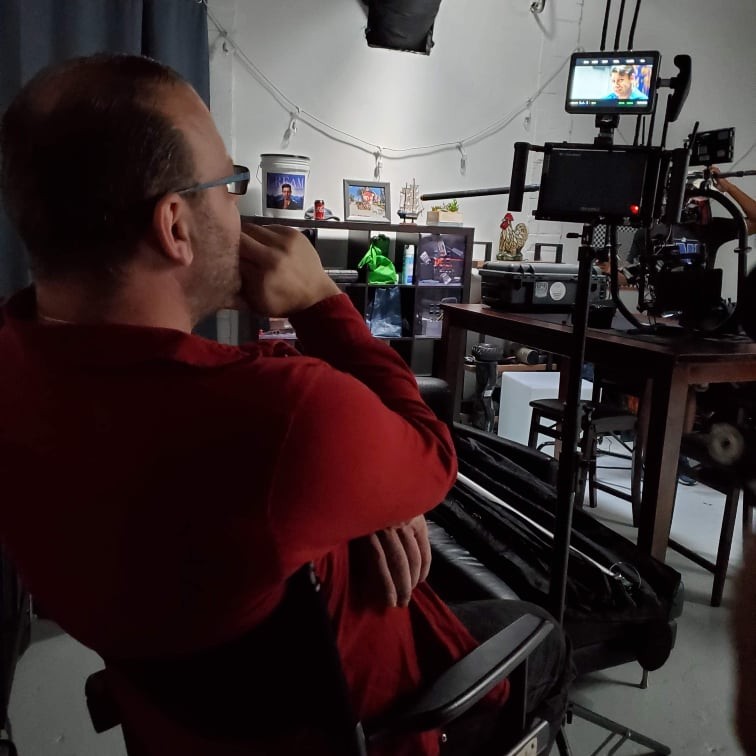
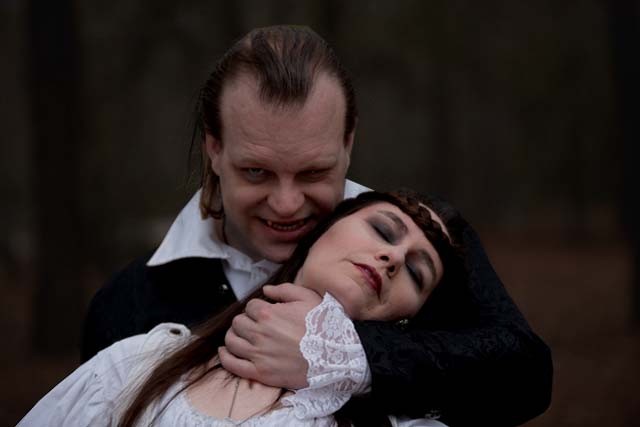
What can society do to ensure an environment that’s helpful to artists and creatives?
I hear a lot of complaints about the big studios producing remakes, sequels and other unwanted and over-saturated films. Social media is often a buzz with people complaining about revisiting the same tired old things, not just creatives but general movie goers.
This always makes me chuckle since the answer is in my opinion a simple one, as a consumer-based business the studios produce the things that audiences spend their money on. Studios do not have a lack of access to content, on film freeway alone there are over 15,000 screenplay contests (only about 15 of them matter.) If a studio needed new content they could just reach out and snag a whole bunch of amazing projects, but they are not going to even consider it; if they can make $100 Million dollars on a 4th film in a trilogy or a rehash of a classic.
As a society, we control what the entertainment industry provides us with our dollars. So, if we really wanted to see new content from some of the amazing writers out there, we need to talk with our funds not our Instagram. If society wants to help creatives, let the industry know by spending money on independent films go to small art shows and conventions.
The film industry is dominated by 6 companies, and they have massive amounts of staff and manpower dedicated to spending trends and following the audience’s dollar. They have tracking software on all social media sites that check for key words related to their projects and they track community interactions around each new thing they put out the bigger the buzz… the more of it you get.
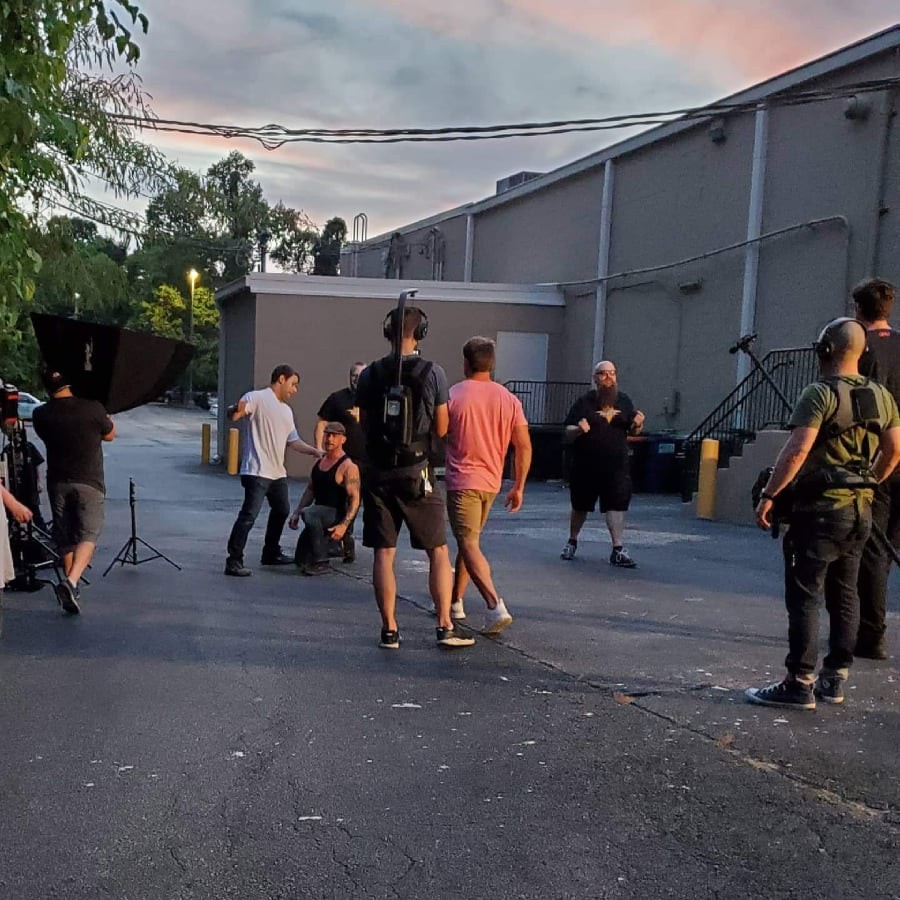
For you, what’s the most rewarding aspect of being a creative?
For me the most rewarding part of what I do as a producer is seeing new talent get on the ladder, watching someone get their foot in the door.
I have mentored and coached several new writers, Directors and producers over the last few years, and I love it when I get a message or a call about how excited they are to have a new pitch meeting, or a producer replied to them about a project they submitted.
I love hearing about how an audience reacts to their finished projects or how a director fell in love with their script.
I think for me watching other people’s joy at being successful is why I try to keep to the background as much as possible and just guide people on the journey to becoming great in a very demanding business.
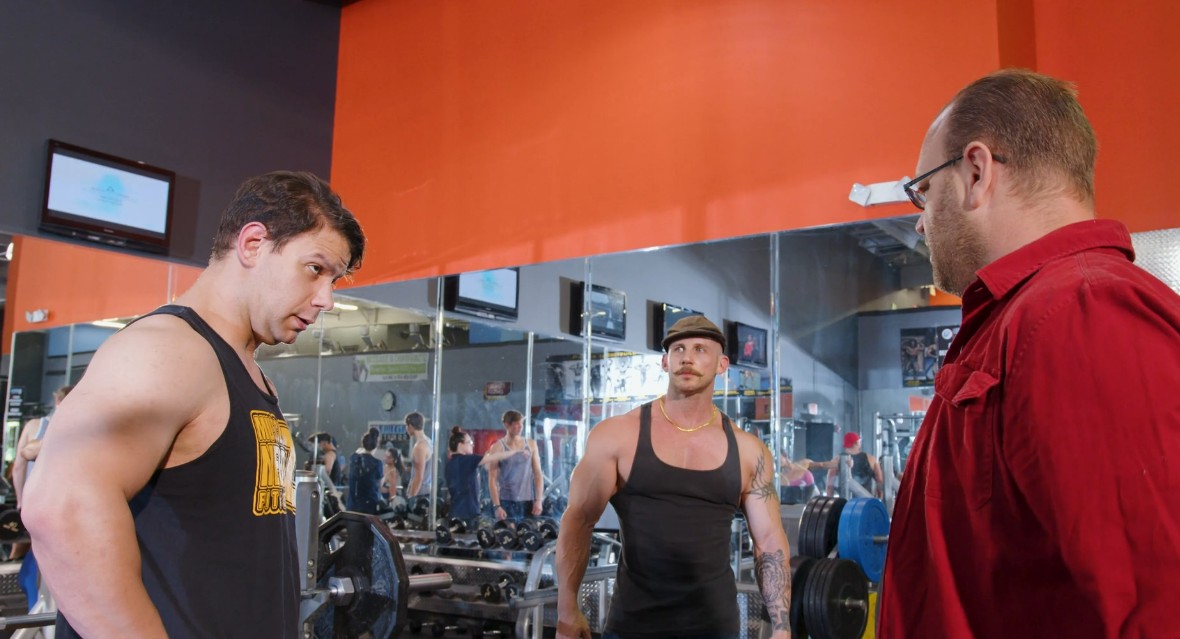
Contact Info:
- Website: www.Jonathanthompson.org
- Linkedin: https://www.linkedin.com/in/jonathan-thompson-2b2049192


